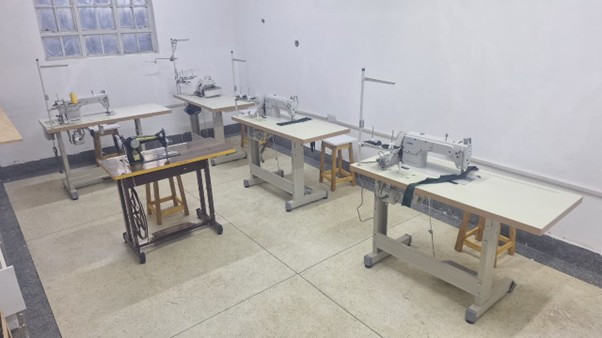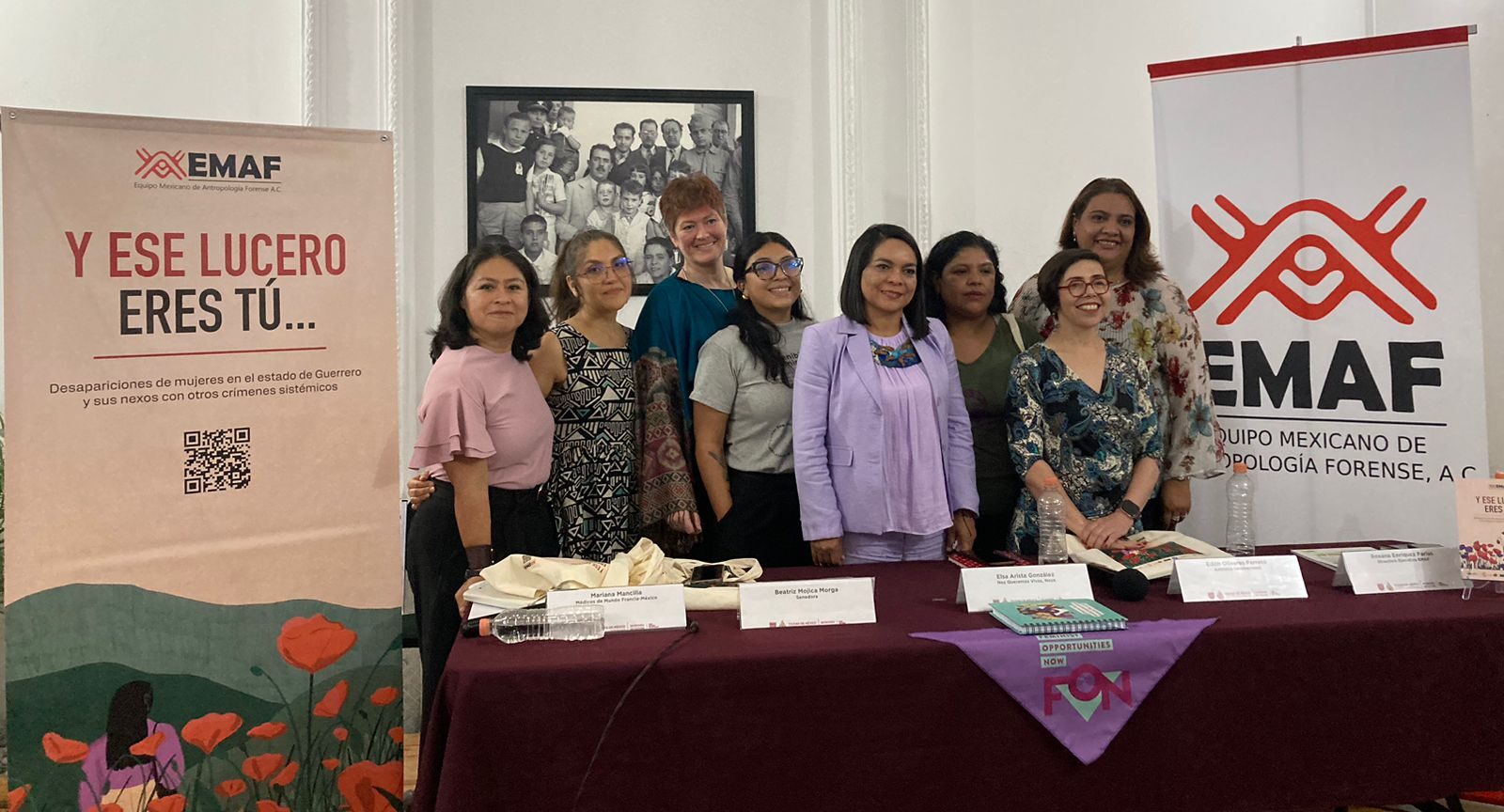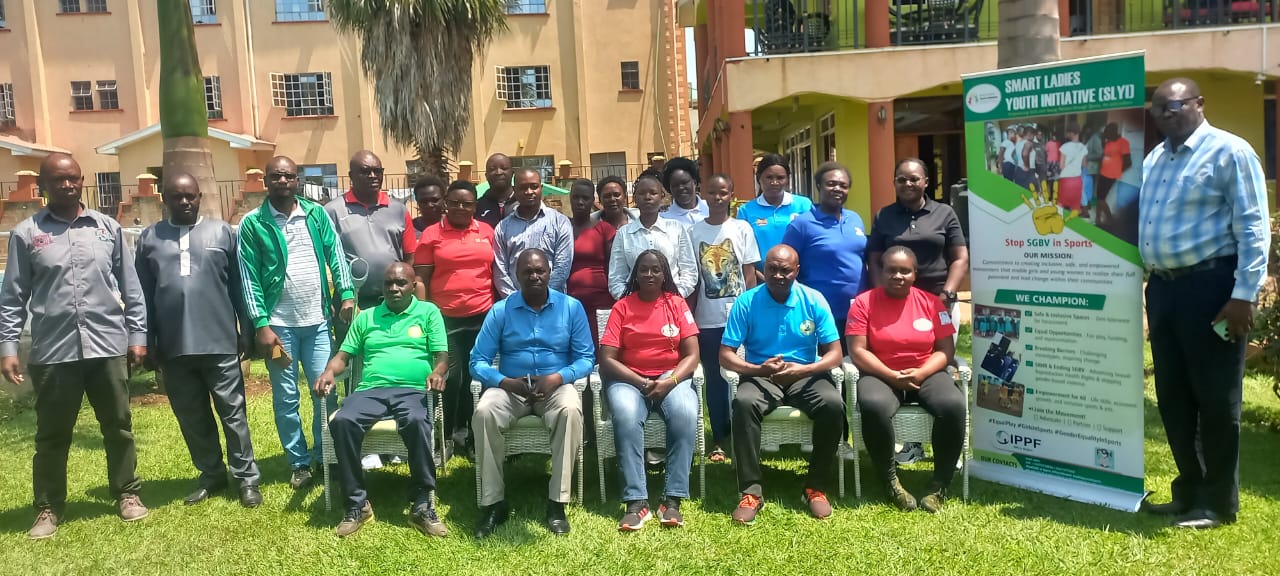News

13/08/2024
Kenya: Breaking SGBV Silence Through Local Community Champions
By: Amos Simpano
From June 3rd to 7th, 2024, the Entashata Loita Community-Based Organization (CBO), with the support of the FON-I Care Her Project, conducted a transformative five-day residential training for 20 Sexual and Gender-Based Violence (SGBV) Champions. These champions, representing five different locations within the project area, gathered to learn, share, and empower their communities against the pervasive issue of SGBV.
The training was led by experienced trainers from the Ministry of Health, who, alongside the project team, guided participants through a series of engaging modules from the national SGBV training curriculum. The sessions were both informative and impactful, leaving the participants with valuable knowledge and skills to combat SGBV in their communities.
The training sessions provided a comprehensive overview of the various forms of GBV that women, men, and children endure. Participants learned about the physical, psychological, and socio-economic violence faced by men, as well as the horrific experiences women and girls undergo, including female genital mutilation (FGM), sexual assault, forced marriage, denial of resources, and education. Children, too, were recognized as victims of GBV, facing defilement, abuse, and emotional violence.
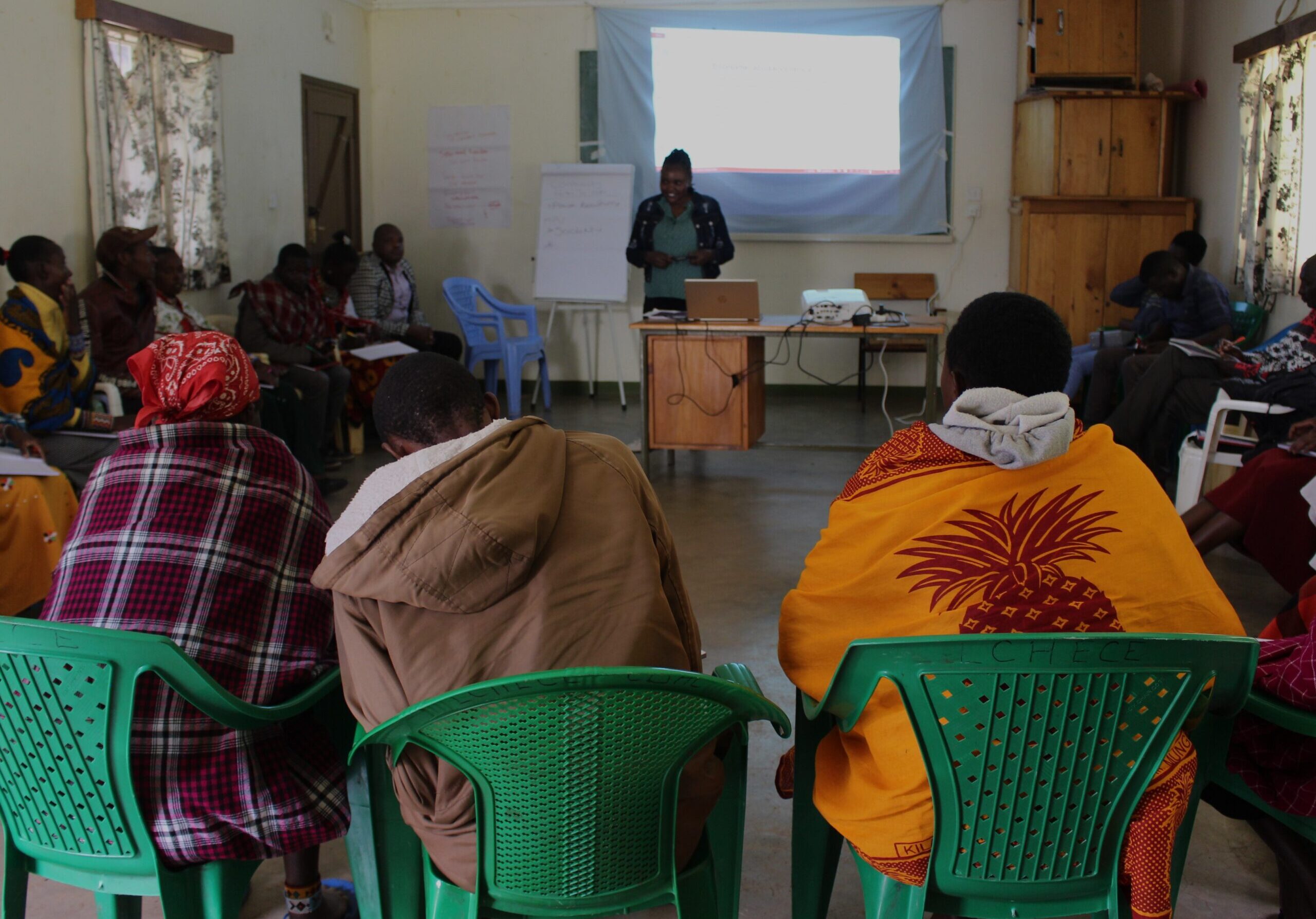
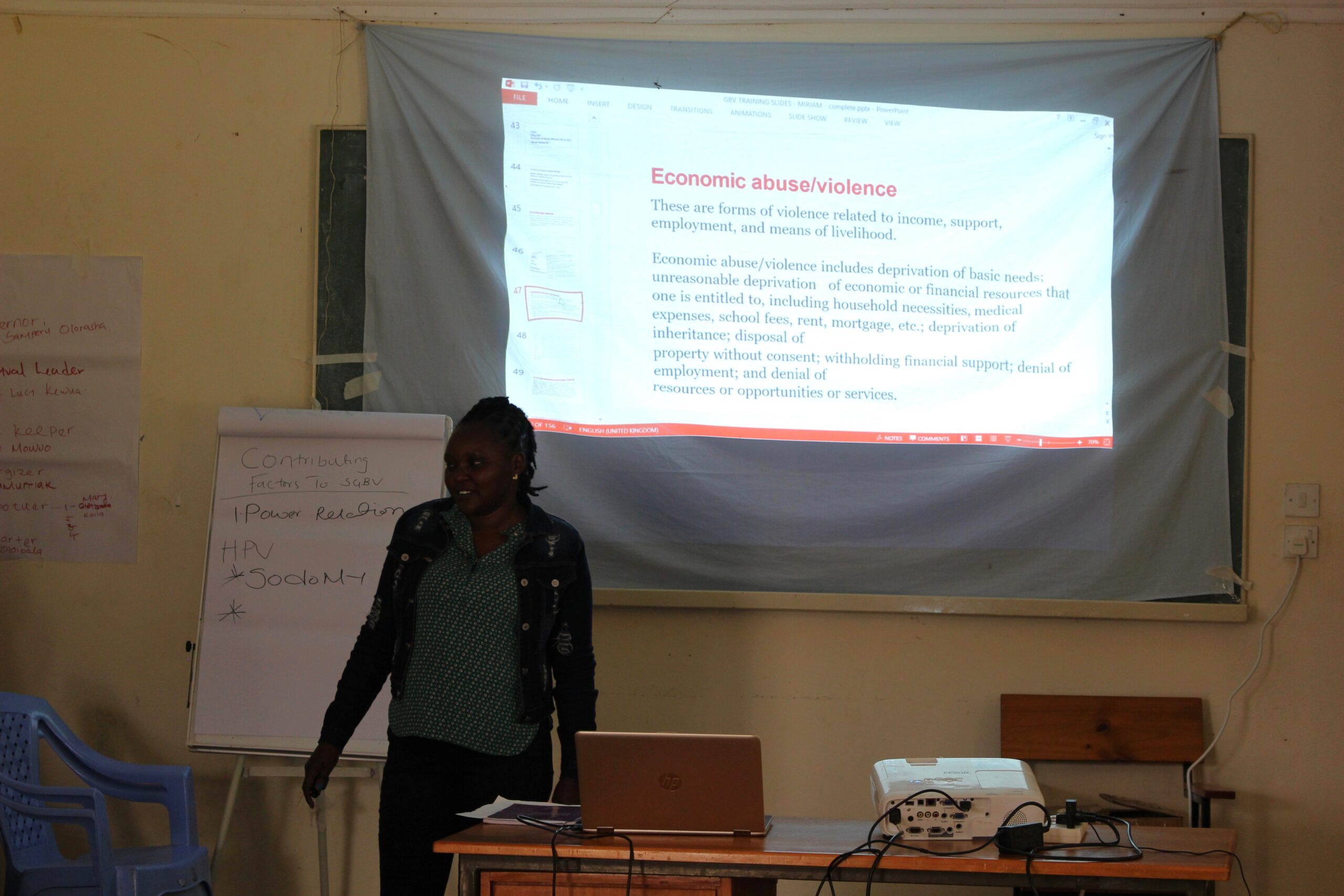
A key focus of the training was on gender equality, emphasizing the urge to respect the equal rights of both genders without discrimination. The trainers highlighted the critical role men and boys play in addressing GBV, as they are often the perpetrators. Engaging them in the fight against GBV is essential to creating lasting change.
On the sixth day, the trainers introduced the topic of Sexual and Reproductive Health and Rights (SRHR), including family planning. The discussions aimed to help the champions become role models in promoting child spacing and responsible family planning. By encouraging families to have a manageable number of children, the training sought to reduce poverty levels and improve overall family well-being.
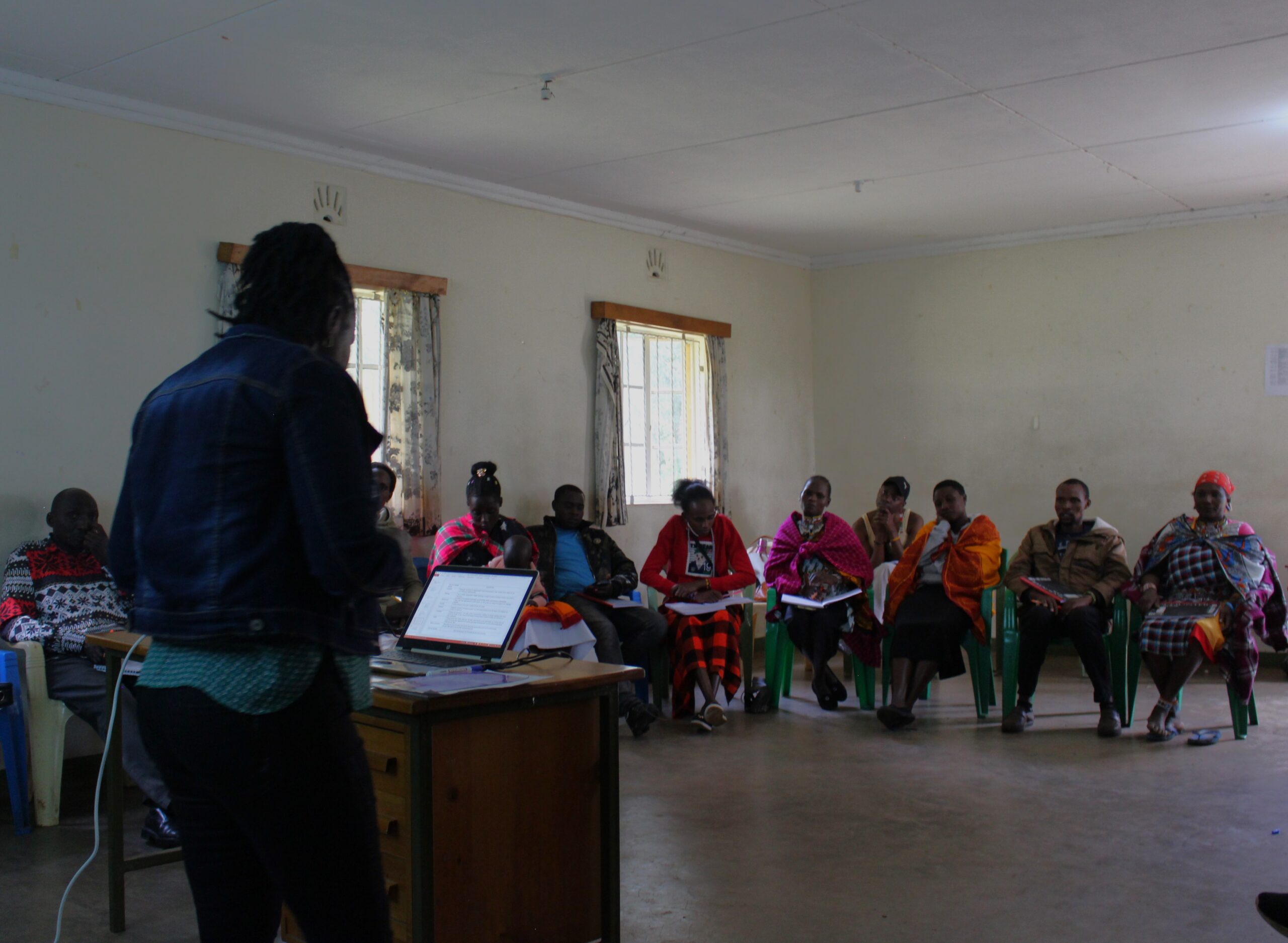
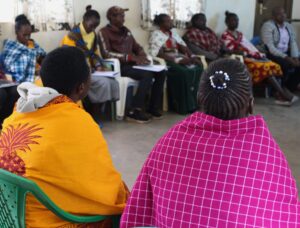
The training concluded with heartfelt testimonies from the SGBV champions, reflecting on their learning experiences and personal growth:
“At first, I was against women owning land, but I’ve come to realize that women are mature enough to take care of families, even in the absence of their husbands. Indeed, women should have their own land and property.”
– Jackson Mancha, one of the champions, shared how his perspective had changed.
“We men also experience psychological and emotional violence, but we rarely speak out because we feel it undermines our masculinity. This training opened my mind, and I will never suffer in silence again. I will always seek help when needed.”
– Another champion, Saruni Leboi, opened up about the struggles men face.
“I had given birth to four children without spacing them because I knew nothing about family planning. This made my health very weak, and I often fell sick. The many small children constantly needed my attention, and it nearly drove me mad. I promise that next time when ready to get a child, I will space my children 3-4 years apart.”
– Namunyak Kanunka, from Olmokorionko village in Olngarua, shared a powerful testimony on how family planning had transformed her life.
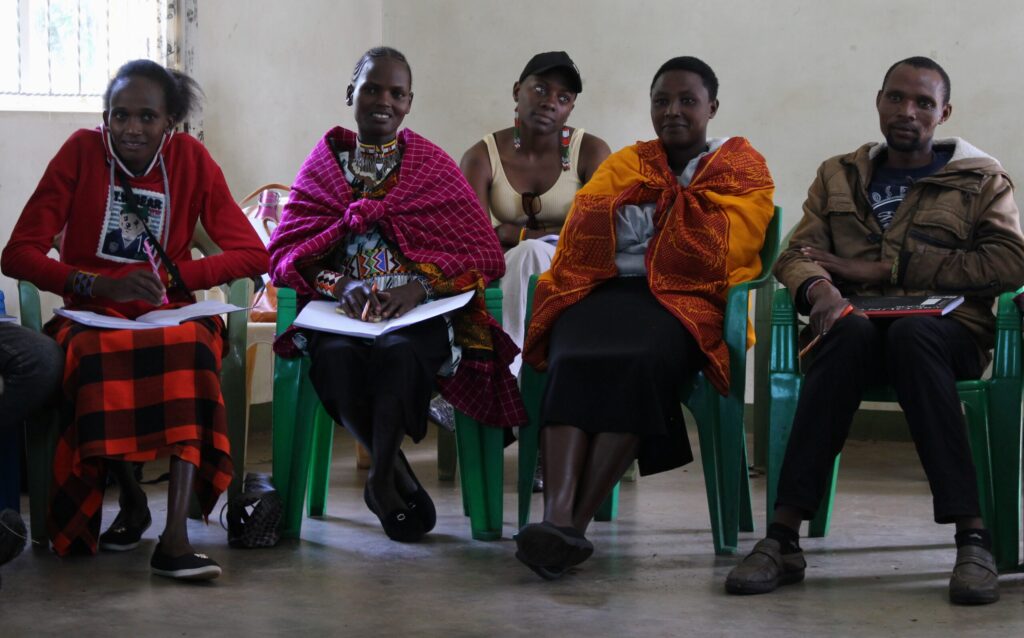
The training was not just a learning experience but also a platform for open dialogue, cultural exchange, and community building. It provided the SGBV Champions with the tools they need to advocate for change and protect the rights of all individuals within their communities. The knowledge and insights gained during these five days will undoubtedly have a lasting impact, helping to create a safer, more equitable society in Loita and beyond.
This training was organized under the partnership between FON and Entashata Loita CBO as part of a concerted effort to eradicate GBV in Loita, a region that has been particularly prone to high cases of gender-based and sexual violence in Kenya yet seems forgotten. Local initiatives like this highlight FON’s commitment to combating gender-based violence by providing robust, flexible, and strategic support to feminist civil society organizations.

English

English

Spanish

